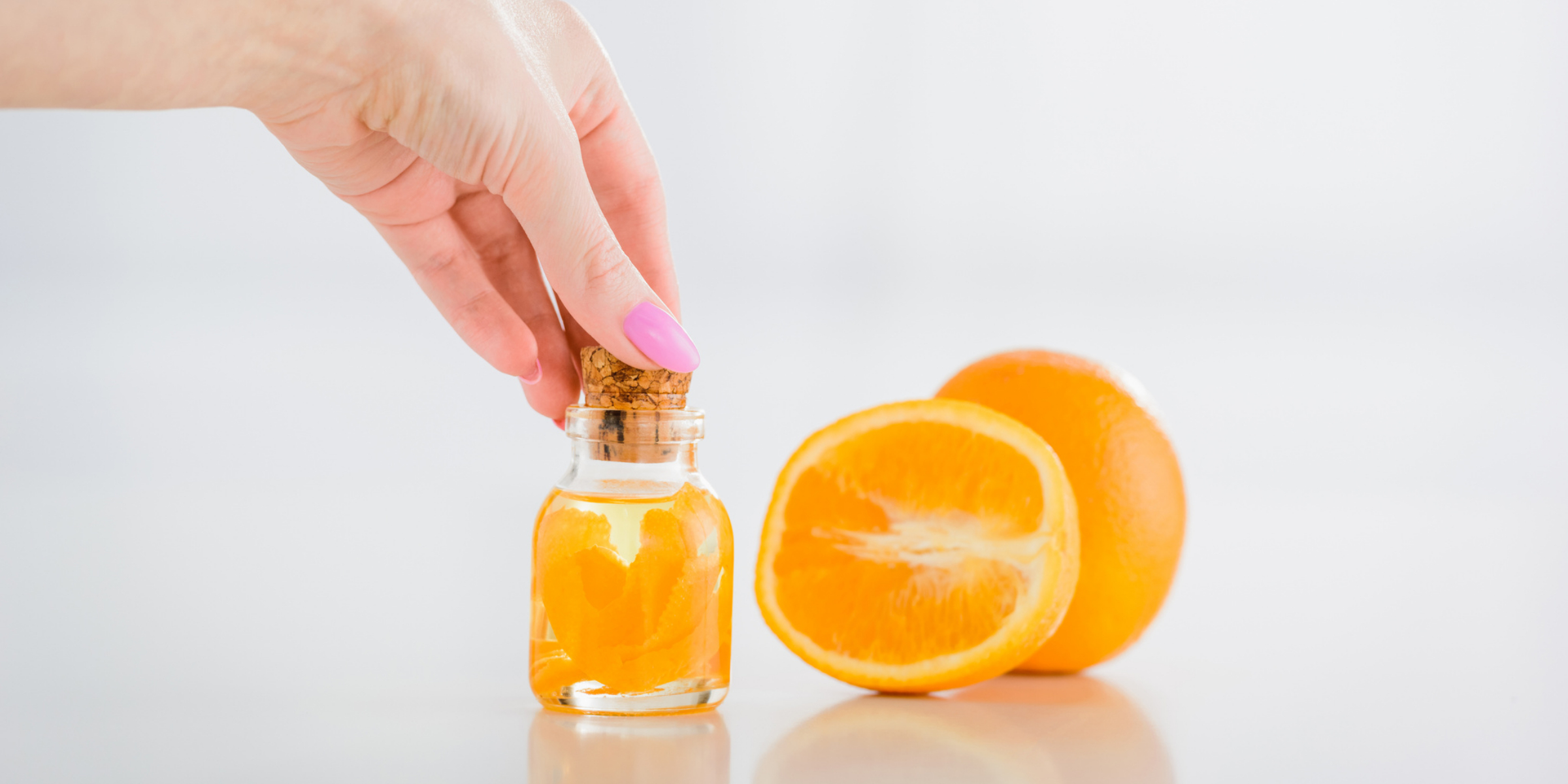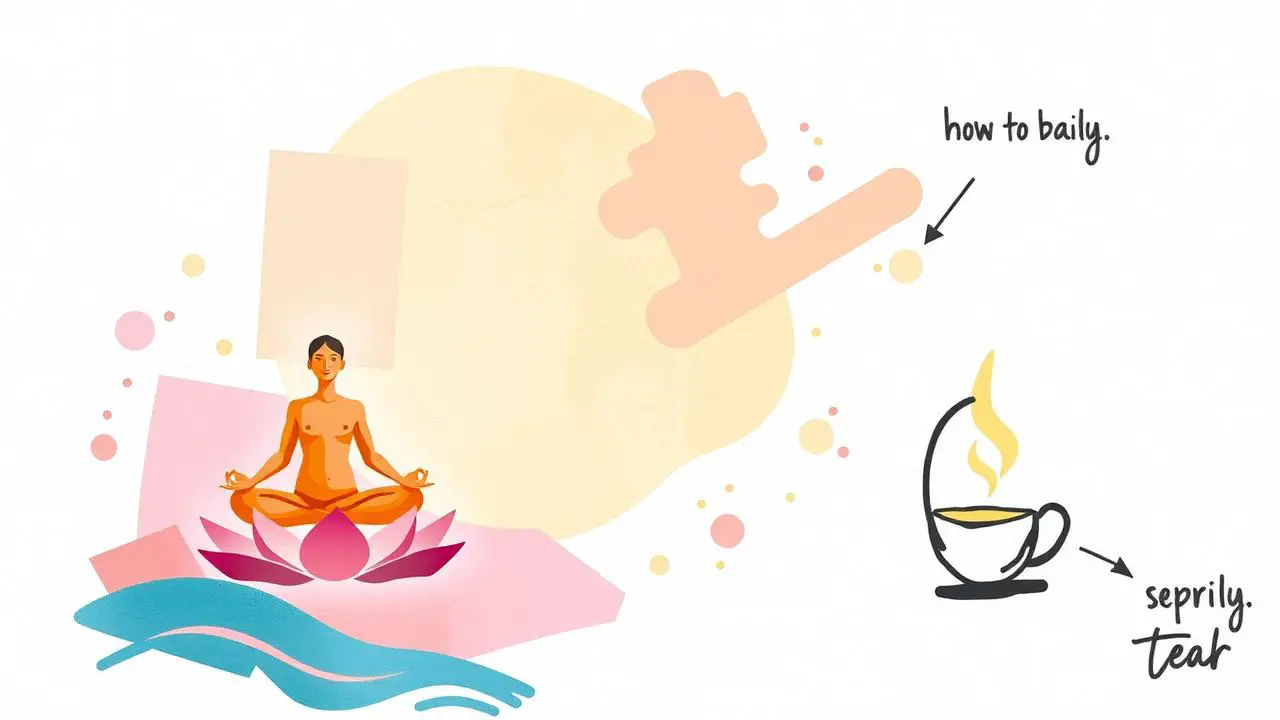Are you a fan of citrus essential oils? While these oils can be uplifting and invigorating, it’s important to be aware of their potential drawbacks.
Some people may have allergic reactions to citrus essential oils, and they can also be phototoxic, meaning they can cause skin damage when exposed to sunlight. Citrus essential oils can also be more expensive than other types of essential oils. Additionally, they may not be suitable for all uses and may not mix well with certain other oils or products.
Citrus essential oils can be irritating to the skin, especially when used in high concentrations. This can lead to sensitivity, redness, and even blistering. Additionally, some citrus oils can cause photosensitivity, which means they can make your skin more susceptible to sun damage.
These effects can be especially concerning if you have sensitive skin or spend a lot of time outdoors. Keep reading to learn more about the potential drawbacks of using citrus essential oils and how to use them safely.
Skin Irritation and Sensitivity
If you’re not careful, your skin might get red and itchy after using those oils made from fruits like lemons and oranges. Citrus essential oils are highly concentrated, and if you use them undiluted or in high amounts, they can cause skin irritation and sensitivity.
To avoid this, it’s important to take cautionary measures when using citrus oils. Always dilute them with a carrier oil like coconut oil or jojoba oil before applying them to your skin, and do a patch test on a small area of skin first to see how your body reacts.
If you do experience skin irritation or sensitivity after using citrus oils, it’s important to stop using them immediately and seek medical attention if necessary. There are alternative oils you can use instead, such as lavender, chamomile, and frankincense, which are gentle on the skin and still offer many of the same benefits.
Now, let’s move on to another potential downside of using citrus essential oils: photosensitivity and sun damage.
Photosensitivity and Sun Damage
Exposing your skin to sunlight after applying certain citrus oils can lead to sun damage and photosensitivity. This is because some citrus oils, such as bergamot, lemon, and lime, contain phototoxic compounds that can cause a reaction when exposed to UV radiation. This reaction can manifest as redness, blistering, and even permanent hyperpigmentation.
To prevent sun damage and photosensitivity, it’s important to take precautions when using citrus oils on your skin. Here are some tips:
- Avoid applying citrus oils before going out in the sun, especially if you plan on being outside for an extended period of time.
- Use sun protection, such as sunscreen or protective clothing, when using citrus oils on your skin.
- Consider using alternative oils that do not contain phototoxic compounds, such as lavender or chamomile.
While citrus oils can provide many benefits for the skin, it’s important to be mindful of their potential drawbacks.
In the next section, we’ll explore another potential disadvantage of citrus oils: allergic reactions and skin irritation.
Allergic Reactions and Skin Irritation
You may experience allergic reactions or skin irritation when using certain citrus essential oils on your skin, which can cause discomfort and frustration. Some people may be more sensitive to certain oils than others, and even those who’ve used them before without issue may suddenly develop an allergic reaction.
Causes of allergies can include the concentration and purity of the oil, exposure to other irritants or allergens, or simply a personal sensitivity to the oil.
If you have sensitive skin, it’s important to take precautions when using citrus essential oils. Always dilute the oil with a carrier oil such as coconut or jojoba oil before applying it to your skin. Additionally, it’s recommended to perform a patch test on a small area of skin before using the oil more extensively. This can help you determine if you’re allergic or sensitive to the oil before applying it all over your body.
Remember to always listen to your body – if you experience any discomfort or irritation, stop use immediately and seek medical attention if necessary. This is especially important if you experience swelling, hives, or difficulty breathing.
In addition to the potential for allergic reactions and skin irritation, some citrus essential oils can also stain clothes and fabrics. However, with proper use and precautions, you can still enjoy the benefits of these oils without any negative side effects.
Potential for Staining Clothes and Fabrics
When using citrus essential oils on your clothes or fabrics, it’s important to be mindful of their potential to leave stains. These oils contain compounds that can act as natural dyes and leave behind unsightly discoloration on your favorite shirt or sofa. To prevent this, it’s best to avoid applying the oils directly onto the fabric and instead mix them with a carrier oil before use.
You can also do a patch test on a small, inconspicuous area of the fabric before applying the oil to the entire surface. In addition to using prevention tips, there are also alternative options to consider. If you don’t want to risk staining your clothes or fabrics, consider using citrus-scented candles or diffusers instead.
These products can still provide the benefits of aromatherapy without the risk of discoloration. With these options in mind, you can still enjoy the benefits of citrus essential oils without having to worry about any unwanted staining.
Moving on to the next topic, it’s important to also be aware of the risk of ingestion and poisoning associated with these oils.
Risk of Ingestion and Poisoning
Be aware of the potential risks of ingesting and poisoning associated with these oils, as it’s important to investigate the truth of the theory before using them.
Citrus essential oils are highly concentrated and can be toxic if ingested. It’s essential to understand that just because they are natural doesn’t mean they are safe for internal use. If ingested, these oils can cause vomiting, diarrhea, and even organ damage. Therefore, it’s crucial to prevent ingestion by keeping them out of reach of children and pets.
Preventive measures need to be taken to avoid accidental ingestion. Ensure that the bottles containing these oils are labeled correctly and stored correctly. If ingested, emergency response is necessary. Call poison control immediately for advice on what to do next.
It’s important to note that citrus essential oils can interfere with certain medications, which will be discussed in the subsequent section about ‘interference with certain medications’.
Interference with Certain Medications
Using certain medications with citrus oils can cause harmful interference, potentially putting your health at risk. Citrus oils contain compounds that can interfere with the absorption, metabolism, and elimination of some medications. This can lead to unpredictable side effects, reduced effectiveness of your medication, or even toxicity.
It’s important to understand which medications may interact with citrus oils. Some of the most commonly affected medications include blood pressure drugs, cholesterol-lowering drugs, antidepressants, and anti-anxiety medications. If you’re taking any of these medications, or any other medication, it’s important to consult with your healthcare provider before using citrus oils. Your healthcare provider can help you determine whether the potential benefits of using citrus oils outweigh the risks of potential interactions and medication safety concerns.
As you consider the potential risks of using citrus oils with medications, it’s worth noting that there are also environmental concerns and sustainability issues associated with the production and use of essential oils.
Environmental Concerns and Sustainability
Did you know that there are environmental and sustainability concerns associated with the production and use of citrus oils? While citrus essential oils are popular for their fresh, uplifting scent and therapeutic benefits, their production methods have a significant impact on local communities and the environment.
Here are some points to consider:
-
Citrus oils are typically produced through cold pressing the peels of fruits such as oranges, lemons, and grapefruits. This process generates a large amount of waste, including peels, pulp, and juice. Disposing of this waste can be a challenge, as it can be harmful to the environment if not handled properly.
-
The widespread use of citrus oils has also led to the expansion of citrus groves, which can have negative effects on local ecosystems. These monoculture plantations can contribute to soil erosion, water pollution, and the depletion of natural resources. Additionally, the use of pesticides and fertilizers can have harmful effects on local wildlife and human health.
If you’re concerned about the impact of citrus oils on the environment, there are eco-friendly alternatives that you can consider. You can opt for oils that are produced using sustainable methods, such as steam distillation. You can also support companies that prioritize sustainability and ethical practices in their sourcing and production processes. By making conscious choices, you can enjoy the benefits of essential oils while minimizing your impact on the environment and local communities.
Moving on to the next topic, it’s important to be aware of quality and safety concerns with adulterated oils.
Quality and Safety Concerns with Adulterated Oils
You may be surprised to learn that there are significant quality and safety concerns associated with using adulterated citrus essential oils. Adulteration prevention is a major issue in the essential oil industry, as it is not uncommon for unscrupulous manufacturers to dilute or replace pure essential oils with synthetic or lower quality oils. This can pose serious health risks and undermine the therapeutic benefits of essential oils, as adulterated oils may contain harmful chemicals or lack the natural compounds that provide the desired effects.
To ensure that you are using high-quality and safe citrus essential oils, it is important to purchase from reputable sources that prioritize quality and purity. Industry regulation is also an important factor in preventing adulteration, as it sets standards for labeling and testing of essential oils. The following table provides a comparison of pure and adulterated citrus essential oils, highlighting the potential risks and benefits of each:
| Pure Citrus Essential Oils | Adulterated Citrus Essential Oils |
|---|---|
| Derived from natural sources | May contain synthetic or lower quality oils |
| Contains natural compounds that provide therapeutic benefits | May lack natural compounds or contain harmful chemicals |
| Safe for use in aromatherapy and topical applications | May pose health risks or cause skin irritation |
| High quality and purity | May be diluted or contaminated with impurities |
By being aware of the risks associated with adulterated citrus essential oils and taking steps to prevent adulteration, you can ensure that you are using high-quality and safe oils that provide the desired therapeutic benefits.
– Are Citrus Essential Oils More Disadvantageous Than Other Types of Essential Oils?
When comparing fragrance oil versus essential oil, citrus essential oils may have drawbacks. They can cause skin sensitivity and have a shorter shelf life compared to other essential oils. However, they are prized for their bright, refreshing scents and potential health benefits when used properly.
Conclusion
In conclusion, while citrus essential oils may have their benefits, it’s important to be aware of the potential disadvantages. Skin irritation and sensitivity, photosensitivity and sun damage, allergic reactions, staining of clothes and fabrics, and the risk of ingestion and poisoning are all possible drawbacks.
Additionally, interference with certain medications, environmental concerns, and quality and safety concerns with adulterated oils should also be taken into consideration. Despite these disadvantages, there are ways to safely and effectively use citrus essential oils.
Diluting them properly, avoiding sun exposure after application, and being cautious with ingestion can all help minimize the risks. It’s important to do your research and purchase high-quality, pure oils from reputable sources to ensure their safety and sustainability.
So, while citrus essential oils may not be without their drawbacks, with proper care and attention, they can still be a valuable addition to your wellness routine.




